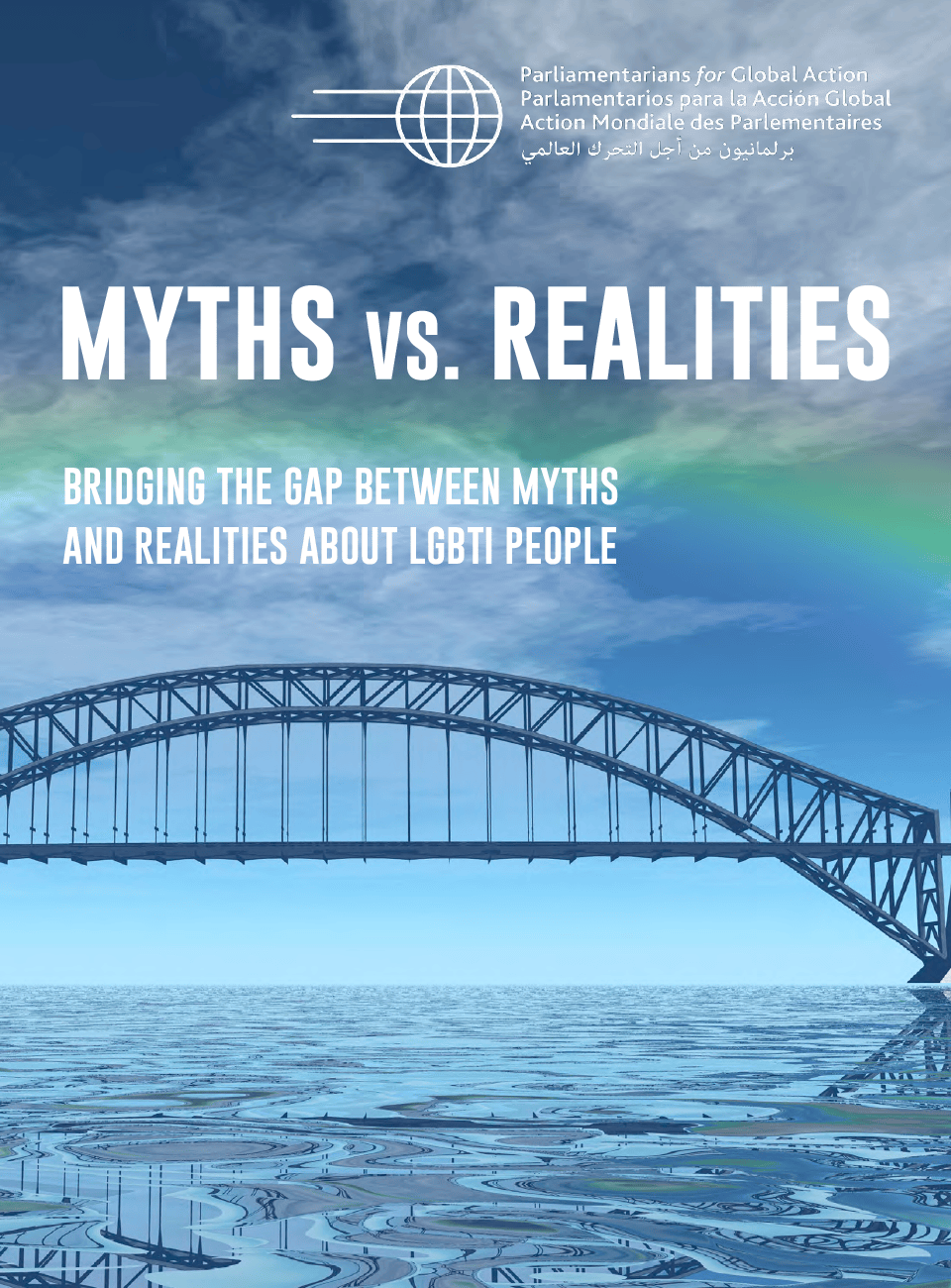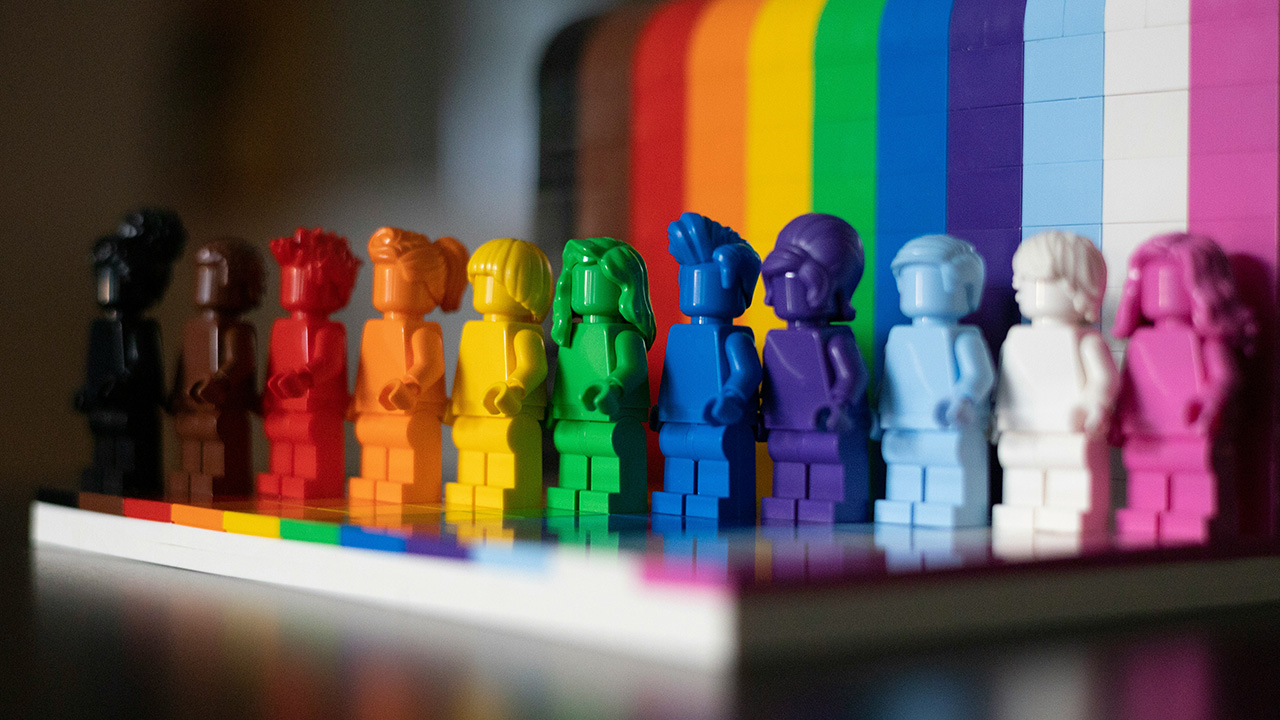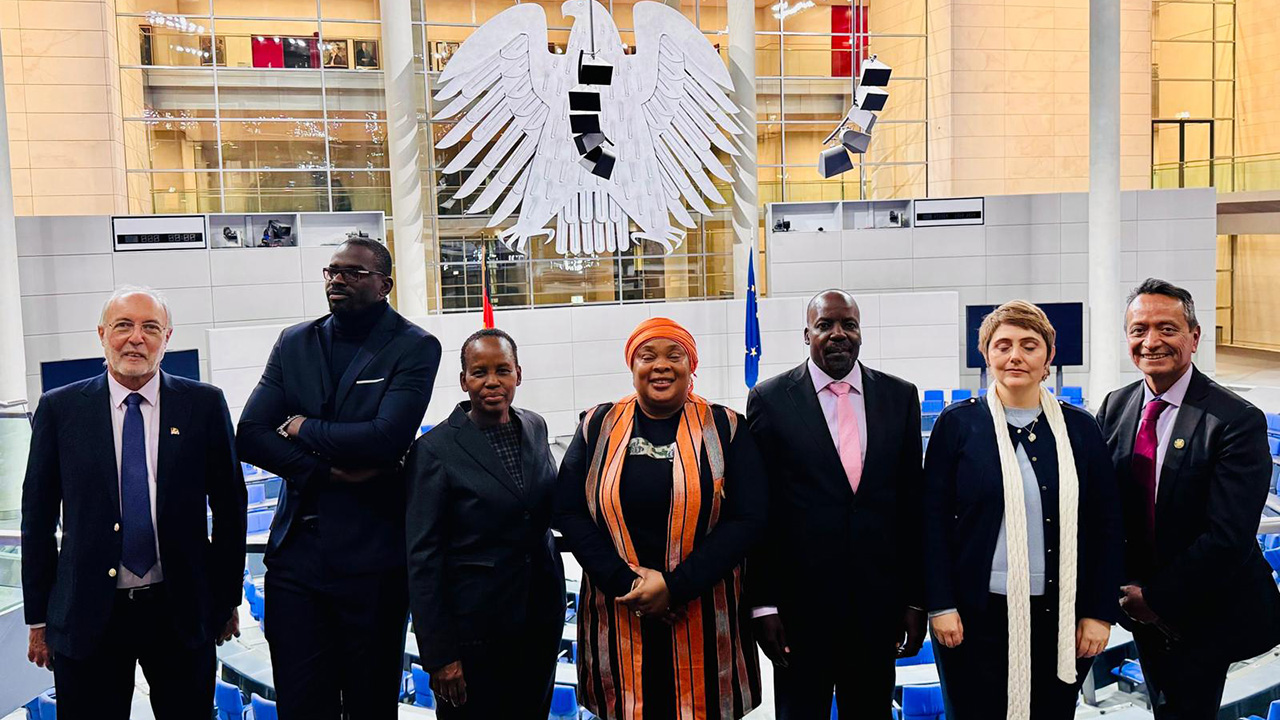On 28 February 2024, the Parliament of Ghana passed the Promotion of Human Sexual Rights and Family Values Bill of 2021 in third reading; the legislation includes a prison sentence of up to three years for individuals who engage in same sex conduct and up to five years for individuals engaged in “willful promotion, sponsorship, or support of LGBTQ+ activities”.
The bill is in contravention to the Ghanaian Constitution, which protects the rights of all persons to equality and non-discrimination, to freedom of expression, freedom of association and privacy.
The bill also infringes upon Ghana’s obligations under regional and international legal instruments including the UN Covenant on Economic, Social and Cultural Rights and violates the African Commission on Human and Peoples’ Rights Resolution on Protection against Violence and other Human Rights Violations against Persons on the basis of their real or imputed Sexual Orientation or Gender Identity - ACHPR/Res.275 (LV) 2014.
Local voices have cautioned the president against assenting to the bill as it contradicts Article 108 of the Constitution, which prevents private members’ bills from imposing financial burdens on public funds. The Ministry of Finance of Ghana forecasts that, if the bill becomes law, Ghana will likely lose US$3.8 billion in World Bank funding alone over the next five to six years.
Within the framework of PGA’s Campaign against Discrimination based on Sexual Orientation and Gender Identity (SOGI Campaign), and upon the request of assistance from members in Ghana, we have remained engaged on various thematic priorities, including equality and inclusion, and in facilitating dialogue between members of Parliament and representatives of civil society. We will continue supporting them in their work to promote inclusive legislation and policies.
Takyiwaa Manuh, Emerita Professor of the University of Ghana and a leading human rights advocate, remarked:
[…] What is so glaring is just criminalizing someone for what it is they are, in clear violation of Ghana’s constitution. […] Nobody is asking for rights to be extended, the rights already exist. I think there is a basic confusion about what LGBT people want, what they are asking for. We have a constitution that protects everyone. What this bill seeks to do is to claw back, take away the rights that are already protected. Yes, I agree with you the surveys have shown high levels of intolerance, but you do not use the results of a survey that shows high levels of intolerance to then enact laws that criminalize people. When you see intolerance, you promote education and find ways to explain to people why they need to be tolerant. In a democratic society, it is not just about what the majority wants, but it is also about the protection of the minority. You do not take the bigotry or the intolerance and enact it into law, therefore giving the right to people to assault, to discriminate, to extort, to punish people who do not conform to your idea of what human beings should be or how they should act.
According to a 2024 report by Amnesty International, “[…] some LGBTI organizations in Ghana have already observed an increase in violence against LGBTI people since the bill was introduced in Parliament in 2021. A local NGO has documented more than 70 human rights attacks against LGBTI people from January to September 2023. These attacks are not isolated to a specific geographic area; they are alarmingly widespread and occurring throughout the country.”
The anti-gender movement and its alleged defense of African family values have prompted a wave of anti-LGBTQ+ legislation in Sub-Saharan Africa. One of the main actors pushing for tougher laws is the Church. However, there are glimmers of hope from the continent’s religious leaders who preach tolerance and inclusion. Cardinal Peter Turkson of Ghana told the BBC's HARDtalk programme that “LGBT people may not be criminalised because they've committed no crime. […] It's time to begin education, to help people understand what this reality, this phenomenon, is. […]”. Cardinal Turkson went on to make an important point, rebuking the argument that being gay is a western import, by explaining that in Akan, one of Ghana's languages, there are words describing same sex conduct, illustrating that homosexuality was never a foreign imposition, but a reality inherent to human societies on the continent.
On March 4, President Akufo-Addo said in a statement that a “challenge has been mounted at the Supreme Court by a concerned citizen to the constitutionality of the proposed legislation” and that he will therefore await the Court’s decision before taking action on the bill.
During this election year in Ghana, vulnerable and marginalized populations – especially LGBTQ+ persons –are being used as scapegoats to distract the public from focusing on issues impacting their quality of life. Legislators in Ghana and the region must resist prejudice and hate for short-sighted political gains. Instead of sowing discrimination, parliamentarians should refocus their energy in protecting the rights of all constituents and advancing a community respectful of sexual and gender diversity.
PGA/UNDP’s Handbook for Parliamentarians explains some of the myths versus realities on sexual and gender minorities:
- MYTH
- MYTH
- MYTH
Homosexuality is a “Western phenomenon.”
Reality: This is false.
LGBTI
people exist everywhere – in all countries, among all ethnic groups, at all
socioeconomic levels and in all communities across the world, and have done for
a very long time.
What is true is that many of the laws that continue to criminalize and punish
LGBTI people in many countries are Western in origin and a legacy of
colonialism. This remains the case, even though most of those same former
colonial powers no longer have these same discriminatory laws in place in their
own countries, having replaced them with legislation that promotes equality.
Depriving LGBTI people of their human rights can be justified on grounds of religion, culture or tradition.
Reality: Discrimination on the basis of SOGIESC can never be justified on any basis.
Human rights are universal: every human being is entitled to the same rights, no matter who they are or where they live. History, culture and religion are all very important, but all States, regardless of their political, economic and cultural systems, have a legal duty to promote and protect the human rights of all. This includes LGBTI people.
Religious freedom gives us the right to hold our own beliefs (or not to), but it does not give us the right to impose our views on others, including by discriminating against or otherwise harming them.
LGBTI people are requesting “special rights” (some say, at the expense of everyone else’s rights).
Reality: This is not true.
There are no special rights being claimed by or for LGBTQ+ people. They are entitled to enjoy the same human rights and fundamental freedoms to which every human being is entitled. Regretfully, these rights and freedoms are denied to millions of people around the world just because of their SOGIESC. This is why there is a need for a specific focus on ending discrimination on the basis of SOGIESC and ensuring the inclusion of all LGBTQ+ people. LGBTQ+ inclusion is about ensuring equal access to human rights for everyone, not favoring one group over another.





